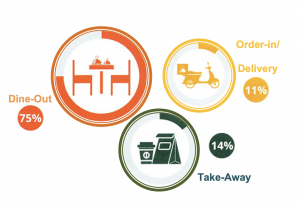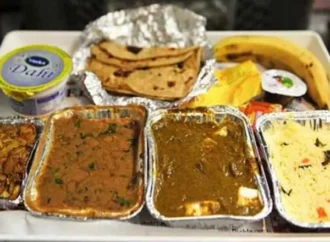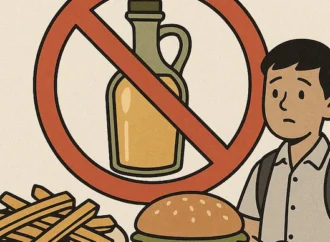The Indian Restaurant Market is one of the fastest-growing in the world with 53,000 hotels and 70 lakh restaurants in the organised category. It is expected to reach INR 5.99 lakh crore by 2022-23, as per the National Restaurant Association of India (NRAI) report. A symbiotic growth between the food industry and the growing middle class has rendered the success of Indian restaurants. While the unorganized sector dominated the industry, much like others in the country, authorities need to constantly monitor and regulate the numerous unregistered street vendors who cater to the working middle class. Amidst the high food cost inflation in such a highly fragmented market, the success of the restaurant is determined by their profitability without compromising on quality.
The booming food industry has also attracted foreign direct investments to the country. With the advent of online food services, startups like Swiggy and Zomato had the highest investment value from Tencent, China and Samsung Ventures, Korea. Such entrepreneurial ventures backed by international interests is bound to intensify the competition and choice in this industry over coming years.

Consumer Preferences When Eating Non-Home Cooked Food
Probable contamination and challenges faced by industry
Food preparation businesses in the hospitality sector include hotels, restaurants, cafes, sandwich shops and similar businesses that prepare food for customers to eat on premises or for takeaway. The analysis of epidemiological data on food poisoning outbreaks, found that six major risk factors occur repeatedly:
- Improper food-holding temperatures
- Inadequate cooking
- Contaminated equipment’s
- Food and water from unsafe sources
- Poor personal hygiene
- Use of substandard raw materials and reuse of ingredients
Where do we stand in terms of food safety and hygiene?
The unsafe food practices have had a huge impact on India as much as $15 billion. However, the reasons for the fall of costs incurred in the current year are several. It is a matter of pride that the country has eventually become conscious of food safety which relatively brought down the FBDs and costs. But, the economy still suffers with the current percentage of FBDs estimated in the country.
The potential impact of food safety outbreaks on an FBO can be devastating.
India has been at the front in recent years with its efforts to streamline the food safety regulations and hygiene in the country. The contribution of FSSAI in bringing down the adversities has been huge, because of the on boarding of several food regulations. With the strict actions taken against restaurants, FBOs, and roadside eateries it has been possible to achieve food safety in every corner of the country – courtesy of Insight Success.
Why is hygiene important in a restaurant?
Cleanliness is an essential part of customer service. It shows that you care and want your customers to have a good time while they are dining. A clean establishment is also important in making a good first impression on guests and helps to boost customer loyalty.
 Food Manifest
Food Manifest 


















Leave a Comment
Your email address will not be published. Required fields are marked with *